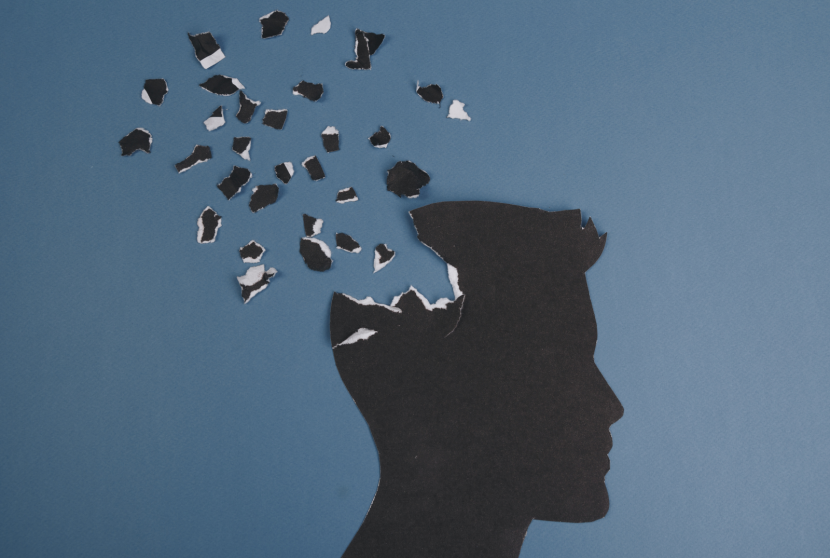Memory loss isn’t just a concern for the elderly—it’s becoming increasingly common among young adults in their 20s and 30s. Whether it’s forgetting appointments, struggling to recall names, or constantly misplacing items, memory lapses can be frustrating and even alarming. But what exactly causes this decline in cognitive sharpness in such a young population?
In this blog, we’ll explore the underlying causes of memory loss in young adults, signs to watch for, and what you can do to boost mental clarity and focus naturally and effectively.
Is Memory Loss Normal in Young Adults?
Some degree of forgetfulness is normal, especially when you’re juggling work, studies, relationships, and daily stress. However, persistent or worsening memory issues may point to deeper problems. Identifying the root cause early is essential for long-term brain health.
Top Causes of Memory Loss in Young Adults
1. Stress and Anxiety:

Chronic stress floods your brain with cortisol, which can disrupt short-term memory and concentration. High anxiety also leads to racing thoughts that crowd out mental clarity.
2. Sleep Deprivation:
Lack of quality sleep impacts memory consolidation, which happens during deep REM sleep. Irregular sleep patterns or conditions like insomnia and sleep apnea are leading culprits.
3. Poor Diet:
Diets low in essential nutrients—especially omega-3 fatty acids, vitamin B12, and antioxidants—can impair cognitive function. Excessive sugar, processed foods, and alcohol also contribute.
4. Medications:
Certain prescription drugs, such as antidepressants, antihistamines, anti-anxiety meds, and sleeping pills, can cause memory issues as side effects.
5. Digital Overload (Tech Brain):

Constant screen use and multitasking reduce attention span and hinder long-term memory formation—a phenomenon called “digital dementia.”
6. Vitamin Deficiencies:
Lack of Vitamin B12, Vitamin D, and folate is directly linked to cognitive dysfunction. These deficiencies are surprisingly common in young adults, especially vegans and vegetarians.
7. Substance Abuse:
Excessive alcohol, recreational drug use, and even smoking can damage brain cells and reduce memory and learning capacity over time.
8. Underlying Health Conditions:
Conditions like thyroid disorders, depression, ADHD, chronic fatigue syndrome, and even early-onset dementia can cause or mimic memory loss symptoms.
Symptoms to Watch Out For
If you’re experiencing the following symptoms frequently, it’s worth talking to a healthcare provider:
- Difficulty recalling recent events
- Forgetting names, dates, or appointments
- Repeating questions or stories
- Feeling mentally “foggy” or distracted
- Losing items more frequently
- Trouble concentrating or multitasking
Natural Ways to Improve Memory and Focus
Improving memory starts with simple lifestyle changes. Eat a brain-healthy diet packed with omega-3s (like salmon and walnuts), leafy greens, berries, and whole grains to fuel your brain. Make stress management a daily habit—try meditation, yoga, or journaling. Getting 7–9 hours of quality sleep is crucial, so stick to a sleep routine, limit screen time at night, and avoid caffeine in the evening.
Regular exercise improves blood flow to your brain and boosts memory-enhancing hormones like BDNF. Take tech-free breaks to reduce digital fatigue—read, walk, or have real conversations to refresh your focus. Lastly, check your vitamin levels (especially B12 and D3) with your doctor, as deficiencies can cause brain fog and poor memory. Small daily habits can lead to big improvements in memory and mental clarity.
Final Thoughts
Memory loss in young adults is more common than most people think—and it’s often linked to modern lifestyle choices. The good news? You can take proactive steps to regain mental sharpness, enhance memory, and future-proof your brain.
By focusing on sleep, nutrition, mindfulness, and reducing digital distractions, you’re investing in your most powerful asset—your mind.




